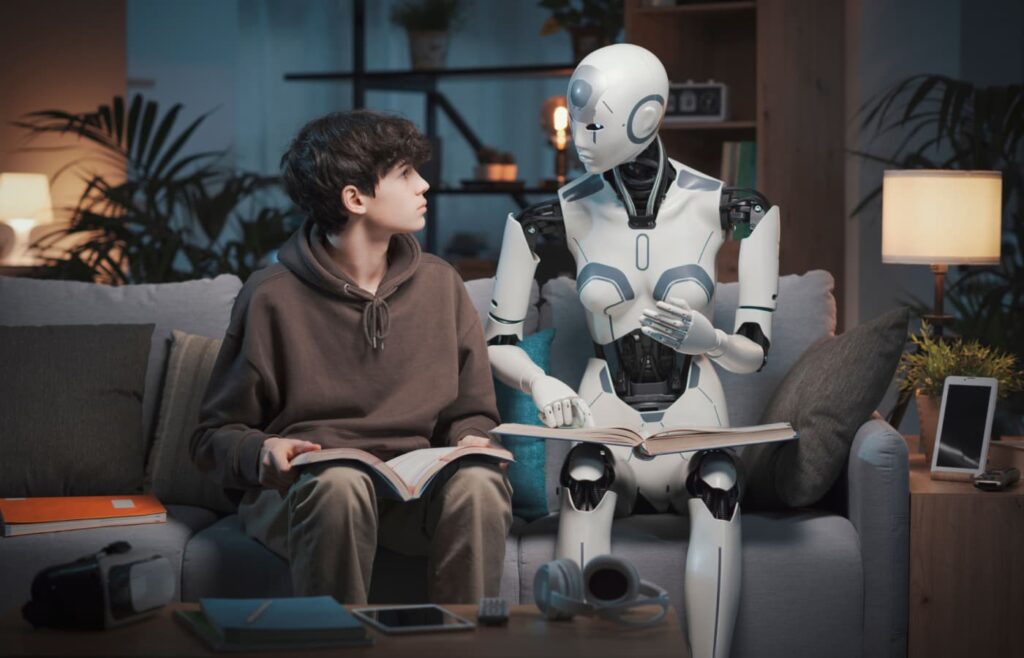In a groundbreaking development, artificial intelligence (AI) models have reached a remarkable milestone, demonstrating the ability to autonomously generate smaller AI systems without human intervention.
This achievement is the outcome of a collaborative initiative involving Aizip Inc., an AI tech company, and researchers from the Massachusetts Institute of Technology (MIT) in collaboration with several University of California campuses.
The innovative breakthrough empowers larger AI models, including those driving systems like ChatGPT, to independently create more specialized AI applications. These smaller, tailored models have diverse applications, ranging from improving hearing aids to monitoring oil pipelines and tracking endangered species.

Yan Sun, CEO of Aizip, aptly described the process as akin to a “bigger brother helping [its smaller] brother to improve,” marking a significant stride towards self-evolving AI.
Yubei Chen, a key researcher in the project, emphasized the importance of this milestone. The showcased device, a human activity tracker utilizing AI for motion data analysis, exemplifies the potential of tiny machine learning—a concept critical for embedding intelligence in compact devices. The tracker, housed in a chip smaller than a dime, showcases the possibilities for pervasive AI, enabling nearly any object to possess intelligent capabilities.
Researchers highlighted the intelligence spectrum, with large models like ChatGPT residing in the cloud, while the newly developed tiny machine learning models find their place in small, everyday objects.
This technological breakthrough paves the way for a future where home appliances, from coffee machines to TVs, could seamlessly incorporate AI for enhanced functionality.
The autonomous capability of AI models to create and refine smaller counterparts represents a significant leap towards realizing self-evolving AI systems. This achievement hints at the potential for AI to autonomously contribute to its advancements and applications, reshaping the landscape of artificial intelligence.




